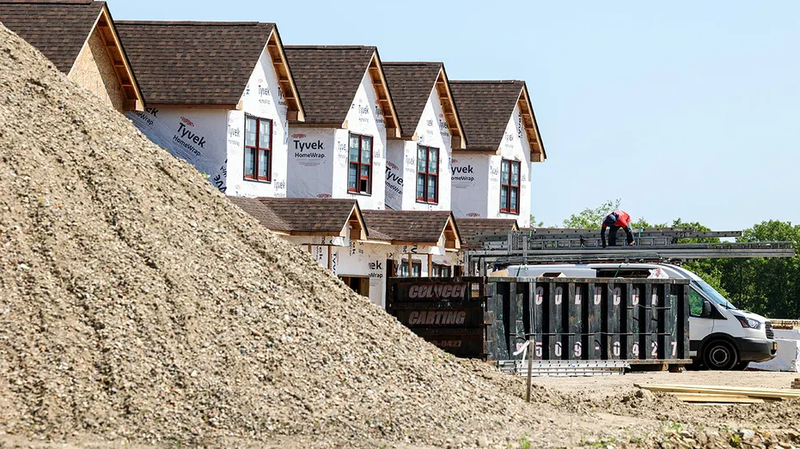
Surge of Chinese Buyers in U.S. Housing Market Deepens American Homeownership Crisis
In the past year, international demand for U.S. real estate has rebounded significantly — and Chinese buyers are leading the charge. According to the National Association of Realtors (NAR), from April 2024 to March 2025, Chinese buyers purchased $13.7 billion worth of U.S. existing homes, an 83% increase from the previous year’s $7.5 billion. This made them the largest group of foreign investors in both total spending and transaction volume.
On average, Chinese buyers paid $1.2 million per home, often targeting high-cost states such as California (36% of purchases) and New York (9%). Over half of these transactions were all-cash deals, giving Chinese investors a major edge over American families struggling to secure mortgages.
While NAR data shows foreign purchases totaled around 78,100 homes — still one of the lowest levels since 2009 — the influx of wealthy cash buyers has come at a time when U.S. housing affordability is at crisis levels.
Mortgage rates have more than doubled since late 2021, with the 30-year fixed rate averaging 6.67% today compared to about 3% in December 2021. At the same time, national home prices have hit record highs, with the average existing single-family home selling for $412,000 in 2024 — up nearly 60% since 2019.
For many American families, these conditions have pushed homeownership out of reach, forcing them to delay buying or exit the market entirely. In contrast, Chinese buyers, unaffected by mortgage costs, are seizing the opportunity to acquire prime properties.
Real estate experts stress that the dominance of all-cash foreign buyers is reshaping the market. Joel Berner, senior economist at Realtor.com, notes that international investors are capitalizing on weak U.S. buyer demand. Their cash offers often beat out local buyers reliant on financing, especially in competitive markets with limited inventory.
Although some sellers benefit from this surge, the long-term effect is troubling: foreign ownership in key U.S. housing markets continues to grow, raising concerns about affordability, community stability, and national economic security.
The rapid growth of Chinese property purchases isn’t just a housing issue — it’s a strategic economic trend. With significant wealth reserves, Chinese investors are effectively transferring U.S. housing assets overseas, reducing the availability of homes for American residents and potentially driving up prices further.
This pattern mirrors concerns already seen in Canada, Australia, and parts of Europe, where foreign real estate investment has fueled local housing shortages. In the U.S., the situation risks widening the gap between those who can buy and those permanently priced out.
While international investment is not inherently negative, the scale and speed of Chinese acquisitions highlight the need for Americans to understand how global economic forces can directly impact their local housing market.
In an era where homeownership is already slipping away for many, the growing footprint of Chinese buyers in U.S. real estate is a warning sign: market dynamics are shifting, and American families must be prepared to protect their stake in the housing market.